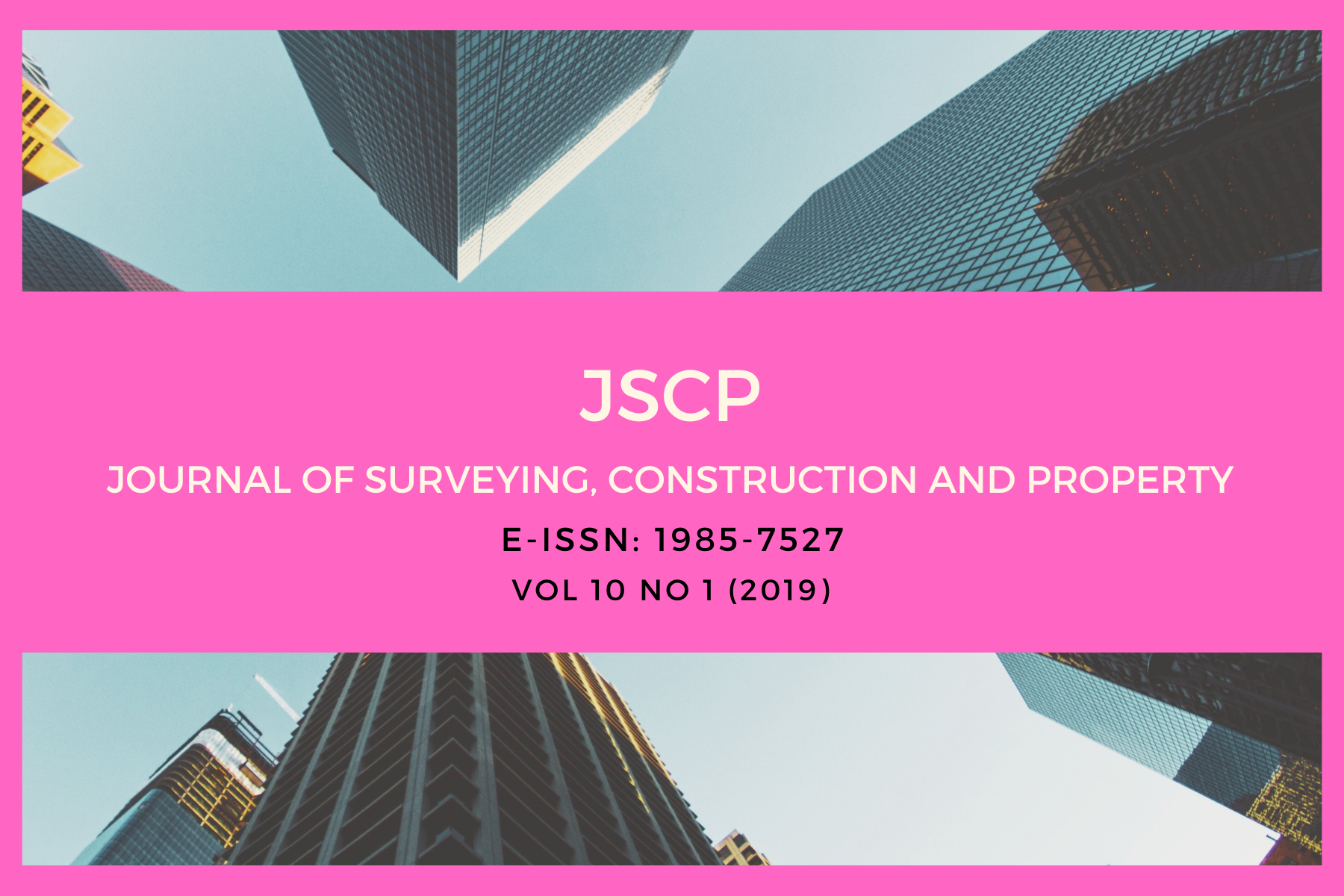A REVIEW OF ASSESSMENT POLICIES IN SUSTAINING CULTURAL IDENTITY INTO NEW ARCHITECTURE
Main Article Content
Abstract
Assessment tool is widely used as an efficient scheme to guide and control minimum design acceptance in improvising design issues of architecture. However, the current assessment tools in built environment might impose culture risks because they are limited to global sustainable architecture concept and not signifying local cultural principle. Limited attention has been paid to develop an efficient scheme to preserve cultural image and identity into a new development. Meanwhile, new architecture is the most potent agent to the lack of local culture of a place. The current architecture trends have been rapidly increasing worldwide, transforming the image of cultural context into a global city. This scenario might impose heritage risk if the current redevelopment planning scheme does not provide adequate guidance for sustaining cultural image and identity in new developments. The aim of this paper is to improvise the policy control on the image of future residential development in Kampong Bharu as the village is currently critical with heritage risk scenario due to the redevelopment issue. This study begins with a critical literature review on the efficiency matter of the current international policies from the perspective of preservation polices and new architecture policies. Interviews were conducted to appraise the appropriateness of the national polices in relation to the research issue. The results from literature reviews and interviews were used to form a summary of general components and elements which are missing from the existing polices. The main research output recommends a new concept of assessment with related components and elements in developing an assessment framework as a strategy to improvise the efficiency of assessment onto architectural cultural identity.
Downloads
Article Details
COPYRIGHT. All rights reserved. No part of this journal may be reproduced, copied or transmitted, in any form or by any means, electronic, mechanical, photocopying, and recording or otherwise without proper written permission from the publisher. Any opinion expressed in the articles are those of the authors and do not reflect that of the University of Malaya, 50603 Kuala Lumpur, Malaysia
